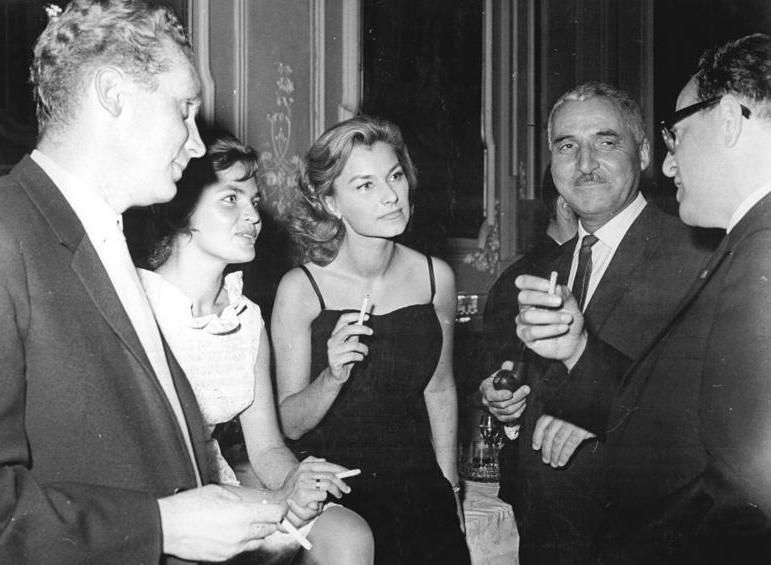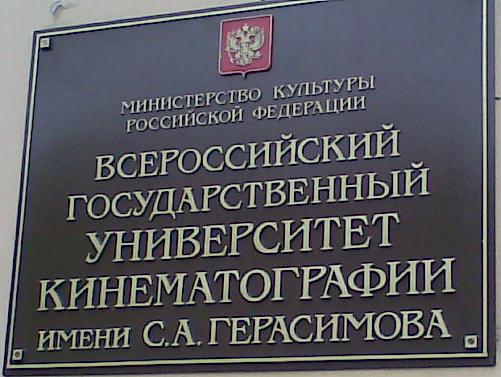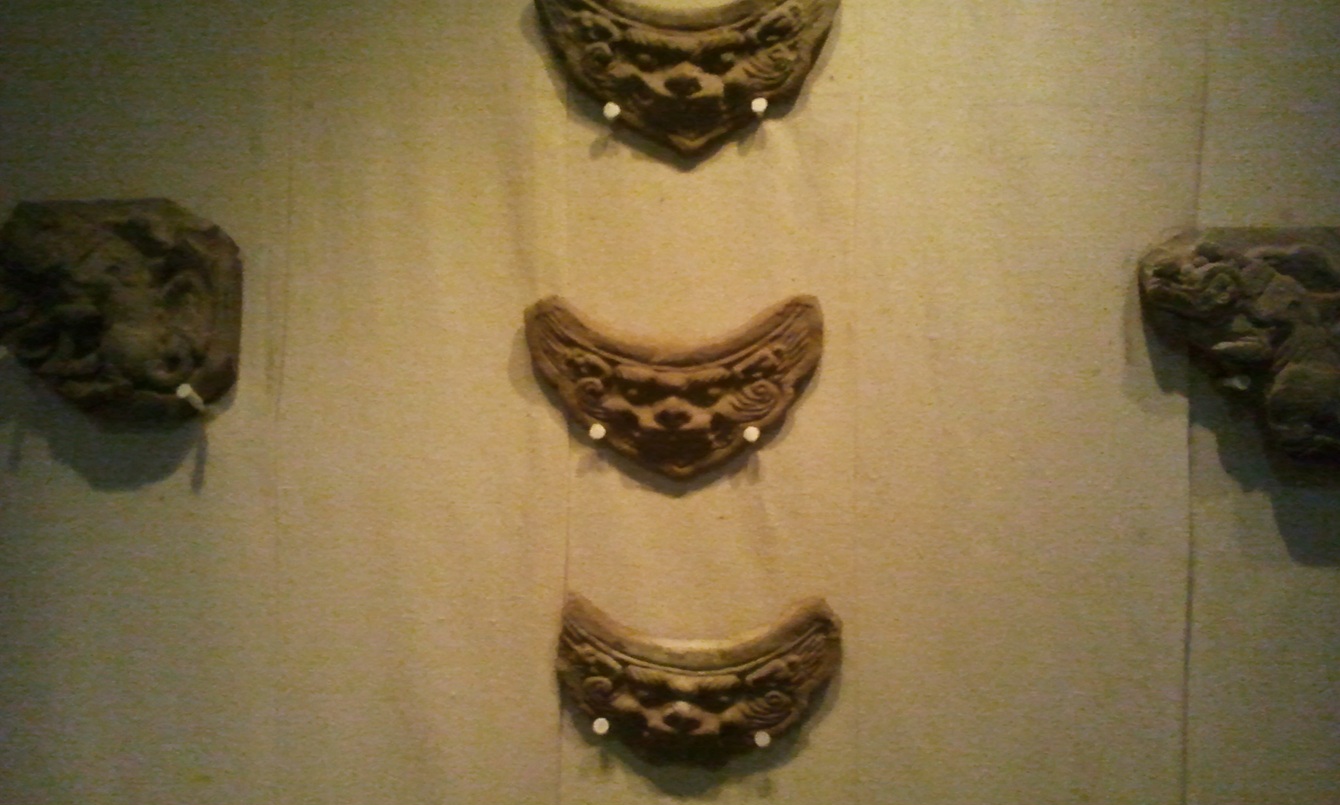|
Jigjidsuren Gombojav
Jigjidsüren Gombojav ( Mongolian: Гомбожавын Жигжидсүрэн) is a Mongolian film director and screenwriter. His films include ''The First Steps'' (Анхны Алхам) (1974), ''The Legend of Mother Oasis'' (Эх Бүрдийн Домог) (1975), ''Khatan-Bator'' (Хатанбаатар) (1981), ''Tears of the Rock Monument'' (Хүн Чулууны Нулимс) (1990), ''Warm Ashes'' (Бүлээн Нурам) (1991), and ''Traces of Existence'' (Амин Мөр) (1992). He was awarded the highest honor in Mongolia for artists, the ''People's Artist of Mongolia'', in 2007 for his contribution to Mongolian cinema and television, and the highest literature award in Mongolia, ''D. Natsagdorj Literature Award'', in 2011 for his documentary film about the poet D. Natsagdorj. Life Jigjidsüren Gombojav was born in a place called Uzuur-Shand in today's Bayanjargalan sum of Töv Province of Mongolia, to a Khiyad-Borjigin aristocratic Khalkha Mongol family from ... [...More Info...] [...Related Items...] OR: [Wikipedia] [Google] [Baidu] |
Mongolian People's Republic
The Mongolian People's Republic ( mn, Бүгд Найрамдах Монгол Ард Улс, БНМАУ; , ''BNMAU''; ) was a socialist state which existed from 1924 to 1992, located in the historical region of Outer Mongolia in East Asia. It was ruled by the Mongolian People's Party, Mongolian People's Revolutionary Party and maintained close links with the Soviet Union throughout its history. Geographically, it was bordered by China to its south and the Soviet Union (via the Russian Soviet Federative Socialist Republic, Russian SFSR) to its north. Until 1944, it also bordered the Tuvan People's Republic, a Soviet satellite state recognized only by Mongolia and the Soviet Union. History Formation From 1758 to 1911, the Mongols were ruled by the Manchu Qing dynasty. In the first decade of the 20th century, the Qing government began implementing the so-called Late Qing reforms, New Policies, aimed at a further integration of Outer Mongolia. Upset by the prospect of the co ... [...More Info...] [...Related Items...] OR: [Wikipedia] [Google] [Baidu] |
Lev Kuleshov
Lev Vladimirovich Kuleshov (russian: Лев Владимирович Кулешов; – 29 March 1970) was a Russian and Soviet filmmaker and film theorist, one of the founders of the world's first film school, the Moscow Film School. He was given the title People's Artist of the RSFSR in 1969. He was intimately involved in development of the style of film making known as Soviet montage, especially its psychological underpinning, including the use of editing and the cut to emotionally influence the audience, a principle known as the Kuleshov effect. He also developed the theory of creative geography, which is the use of the action around a cut to connect otherwise disparate settings into a cohesive narrative. Life and career Lev Kuleshov was born in 1899 into an intellectual Russian family.Lev Kuleshov, Aleksandra Khokhlova, ''50 Years in Films''. Moscow: Iskusstvo, 1975, 303 pp. (Autobiography) His father Vladimir Sergeevich Kuleshov was of noble heritage; he studied ar ... [...More Info...] [...Related Items...] OR: [Wikipedia] [Google] [Baidu] |
Living People
Related categories * :Year of birth missing (living people) / :Year of birth unknown * :Date of birth missing (living people) / :Date of birth unknown * :Place of birth missing (living people) / :Place of birth unknown * :Year of death missing / :Year of death unknown * :Date of death missing / :Date of death unknown * :Place of death missing / :Place of death unknown * :Missing middle or first names See also * :Dead people * :Template:L, which generates this category or death years, and birth year and sort keys. : {{DEFAULTSORT:Living people 21st-century people People by status ... [...More Info...] [...Related Items...] OR: [Wikipedia] [Google] [Baidu] |
1942 Births
Year 194 ( CXCIV) was a common year starting on Tuesday (link will display the full calendar) of the Julian calendar. At the time, it was known as the Year of the Consulship of Septimius and Septimius (or, less frequently, year 947 ''Ab urbe condita''). The denomination 194 for this year has been used since the early medieval period, when the Anno Domini calendar era became the prevalent method in Europe for naming years. Events By place Roman Empire * Emperor Septimius Severus and Decimus Clodius Septimius Albinus Caesar become Roman Consuls. * Battle of Issus: Septimius Severus marches with his army (12 legions) to Cilicia, and defeats Pescennius Niger, Roman governor of Syria. Pescennius retreats to Antioch, and is executed by Severus' troops. * Septimius Severus besieges Byzantium (194–196); the city walls suffer extensive damage. Asia * Battle of Yan Province: Warlords Cao Cao and Lü Bu fight for control over Yan Province; the battle lasts for over 100 ... [...More Info...] [...Related Items...] OR: [Wikipedia] [Google] [Baidu] |
Mongolian Film Directors
Mongolian may refer to: * Something of, from, or related to Mongolia, a country in Asia * Mongolian people, or Mongols * Mongolia (1911–24), the government of Mongolia, 1911–1919 and 1921–1924 * Mongolian language * Mongolian alphabet * Mongolian (Unicode block) * Mongolian cuisine * Mongolian culture Other uses * Mongolian idiocy, now more commonly referred to as Down syndrome See also * * Languages of Mongolia * List of Mongolians * Mongolian nationalism (other) * Mongolian race (other) The term Mongolian race or Mongol race may refer to: * the indigenous people of Nepal called the Mongols * the Mongolian peoples, an ethnic group related by the use of the Mongolic languages * the Mongoloid Mongoloid () is an obsolete racial gr ... * Mongoloid (other) {{disambiguation Language and nationality disambiguation pages ... [...More Info...] [...Related Items...] OR: [Wikipedia] [Google] [Baidu] |
Mongolian National Broadcaster
The Mongolian National Broadcaster (MNB; ; ; shortened as ''МҮОНRТ'') is the official, state-funded broadcaster in Mongolia. About Mongolian National Public Radio and Television (MNB) is the oldest broadcasting organization in Mongolia as well as the only public service broadcaster in the country. MNB's purpose is to be a leading broadcasting organization that is independent and impartial, and serves for public interests only. Additionally, MNB puts its efforts in promoting Mongolia to the world through its external service broadcasting programs to foreign audiences. Today MNB is available in over 1.8 million households in Mongolia which is over 90 percent of the entire population. According to the Law on Public Radio and Television, adopted in 2005, MNB is a non-profit legal entity, which is to carry out a nationwide broadcasting service. Its highest governing body is The National Council of the MNB which consists of 15 members. General management of the organization is run ... [...More Info...] [...Related Items...] OR: [Wikipedia] [Google] [Baidu] |
Moscow International Film Festival
The Moscow International Film Festival (russian: Моско́вский междунаро́дный кинофестива́ль, translit. ''Moskóvskiy myezhdunaródniy kinofyestivál''; abbreviated as MIFF) is the film festival first held in Moscow in 1935 and became regular since 1959. From its inception to 1959 it was held every second year in July, alternating with the Karlovy Vary festival. The festival has been held annually since 1999. In reaction to the 2022 Russian invasion of Ukraine, the FIAPF (Fédération Internationale des Associations de Producteurs de Films, translated as the International Federation of Film Producers Associations) paused the accreditation of the festival until further notice. The festival's top prize is the statue of Saint George slaying the dragon, as represented on the Coat of Arms of Moscow. Nikita Mikhalkov has been the festival's president since 2000. Over the years the Stanislavsky Award—"I Believe. Konstantin Stanislavsky" for ... [...More Info...] [...Related Items...] OR: [Wikipedia] [Google] [Baidu] |
Karlovy Vary International Film Festival
The Karlovy Vary International Film Festival ( cs, Mezinárodní filmový festival Karlovy Vary) is a film festival held annually in July in Karlovy Vary, Czech Republic. The Karlovy Vary Festival is one of the oldest in the world and has become Central and Eastern Europe's leading film event. History The pre-war dream of many enthusiastic filmmakers materialized in 1946 when a non-competition festival of films from seven countries took place in Mariánské Lázně and Karlovy Vary. Above all it was intended to screen the results of the recently nationalized Czechoslovak film industry. After the first two years the festival moved permanently to Karlovy Vary. The Karlovy Vary IFF first held an international film competition in 1948. Since 1951, an international jury has evaluated the films. The Karlovy Vary competition quickly found a place among other developing festivals and by 1956 FIAPF had already classified Karlovy Vary as a category A festival. Given the creation of the ... [...More Info...] [...Related Items...] OR: [Wikipedia] [Google] [Baidu] |
Aleksei Kapler
Aleksei (born Lazar) Yakovlevich Kapler (also Alexei, russian: link=no, Алексей (born Лазарь) Яковлевич Каплер; 28 September 1903 – 11 September 1979) was a prominent Soviet filmmaker, screenwriter, actor and writer. He was known as screenwriter of many Soviet movies, such as ''Lenin in 1918'', ''Amphibian Man'', '' The Blue Bird'' and '' Striped Trip'', as well as one of the anchors and directors of TV program ''Kinopanorama'' (a cinema overview). In 1941, Kapler was awarded the Stalin Prize. Internments in the Gulag Kapler is also known as the first love of Joseph Stalin's then teenage daughter Svetlana Alliluyeva, who was more than 20 years his junior. According to Stalin's daughter, that was the reason for Kapler to be sentenced in 1943 to five years in exile on charges of anti-Soviet agitation. He was sent to Vorkuta region, where he worked as a photographer and lived in a tiny room partitioned off in the corner of the local photo studio. In 19 ... [...More Info...] [...Related Items...] OR: [Wikipedia] [Google] [Baidu] |
Gerasimov Institute Of Cinematography
The Gerasimov Institute of Cinematography (russian: Всероссийский государственный институт кинематографии имени С. А. Герасимова, meaning ''All-Russian State Institute of Cinematography named after S. A. Gerasimov''), a.k.a. VGIK, is a film school in Moscow, Russia. History The institute was founded in 1919 by the film director Vladimir Gardin as the Moscow Film School and is the oldest film school in the world. From 1934 to 1991 the film school was known as the All-Union State Institute of Cinematography (russian: Всероссийский (ранее Всесоюзный) государственный институт кинематографии). Film directors who have taught at the institute include Lev Kuleshov, Marlen Khutsiev, Aleksey Batalov, Sergei Eisenstein, Mikhail Romm and Vsevolod Pudovkin. Alumni include Sergei Bondarchuk, Elem Klimov, Sergei Parajanov, Alexander Sokurov and Andrei Tarko ... [...More Info...] [...Related Items...] OR: [Wikipedia] [Google] [Baidu] |
Film Director
A film director controls a film's artistic and dramatic aspects and visualizes the screenplay (or script) while guiding the film crew and actors in the fulfilment of that vision. The director has a key role in choosing the cast members, production design and all the creative aspects of filmmaking. The film director gives direction to the cast and crew and creates an overall vision through which a film eventually becomes realized or noticed. Directors need to be able to mediate differences in creative visions and stay within the budget. There are many pathways to becoming a film director. Some film directors started as screenwriters, cinematographers, producers, film editors or actors. Other film directors have attended a film school. Directors use different approaches. Some outline a general plotline and let the actors improvise dialogue, while others control every aspect and demand that the actors and crew follow instructions precisely. Some directors also write thei ... [...More Info...] [...Related Items...] OR: [Wikipedia] [Google] [Baidu] |
Ulaanbaatar
Ulaanbaatar (; mn, Улаанбаатар, , "Red Hero"), previously anglicized as Ulan Bator, is the capital and most populous city of Mongolia. It is the coldest capital city in the world, on average. The municipality is located in north central Mongolia at an elevation of about in a valley on the Tuul River. The city was originally founded in 1639 as a nomadic Buddhist monastic center, changing location 28 times, and was permanently settled at its current location in 1778. During its early years, as Örgöö (anglicized as Urga), it became Mongolia's preeminent religious center and seat of the Jebtsundamba Khutuktu, the spiritual head of the Gelug lineage of Tibetan Buddhism in Mongolia. Following the regulation of Qing-Russian trade by the Treaty of Kyakhta in 1727, a caravan route between Beijing and Kyakhta opened up, along which the city was eventually settled. With the collapse of the Qing Empire in 1911, the city was a focal point for independence efforts, leading ... [...More Info...] [...Related Items...] OR: [Wikipedia] [Google] [Baidu] |
.jpg)




